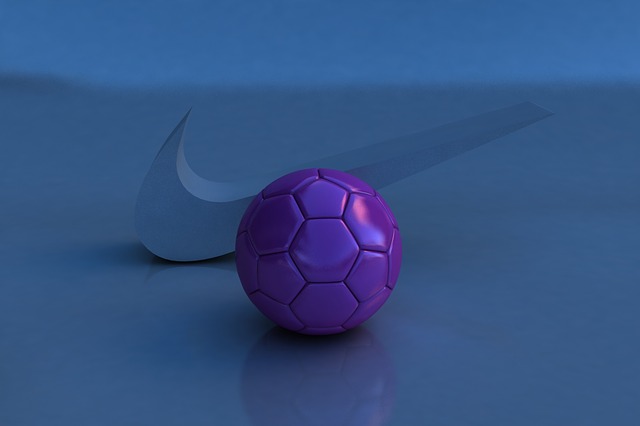Background
Nike, Inc. (“Nike”) is well known for its core business of designing athletic footwear, apparel and sports equipment, which generally feature its name or iconic ‘Swoosh’ mark.
However, it is for its role in selling licensed football merchandise that Nike has come under the scrutiny of the European Commission (the “Commission”). Nike is appointed by football clubs to onward licence intellectual property rights to third parties, who become entitled to manufacture and distribute such products. It is in the context of Nike’s role as a licensor for the manufacture and distribution of these licensed merchandise products that the Commission has fined Nike.
Alleged anti-competitive measures
Nike was found to have partitioned the single market by restricting cross-border sales. The Commission considered that Nike achieved this by:
- imposing a number of direct provisions restricting sales outside the territory by licensees, for example by expressly prohibiting such sales, obliging the licensee to refer these sales to Nike and imposing double royalty penalties when these sales were made;
- enforcing indirect measures having this effect, such as threatening licensees with contract termination if they sold outside the territory, threatening to stop supplying ‘official product’ holograms and carrying out audits to ensure compliance with the restrictions;
- using master licensees in each territory and ensuring restrictions were strictly imposed vis-à-vis their sub-licensees;
- prohibiting licensees from supplying products to retailers who could be selling outside the allocated territories.
The Commission considered that such practices ultimately led to less choice and higher prices for European consumers. Affected clubs included FC Barcelona, Manchester United, Juventus, Inter Milan and AS Roma, as well as national federations such as the French Football Federation.
Reduction in fine under new cooperation procedure
The Commission granted a reduction of forty per cent in Nike’s fine in accordance with the Commission’s new non-cartel cooperation procedure. The Commission considered that Nike cooperated with the Commission beyond its legal obligation to do so, acknowledging its infringement of EU Competition law and providing the Commission with information that enabled it to extend the scope of the investigation. The fine was also relatively low as the relevant products were not expensive replica football strips but low cost merchandise such as scarves, mugs and plastic bowls. This meant the royalties Nike received were comparatively small.
Comment
The Commission’s decision sheds further light on the use of its new non-cartel cooperation procedure, which provides a basis for companies seeking to cooperate with a Commission investigation into non-cartel competition law infringements. The Commission has used this procedure to reduce fines in other recent cases, including in relation to the clothing company Guess and household waste management company Altstoff Recycling Austria. To take advantage of the new cooperation framework, companies must be willing to acknowledge their liability for an infringement of the EU Competition rules and cooperate with the Commission by voluntarily providing or clarifying evidence or by helping with the design and implementation of remedies. The Commission points out that there is neither a right nor an obligation for a company to pursue the cooperation procedure and the suitability of any case for the cooperation procedure will be assessed on a case-by-case basis.
